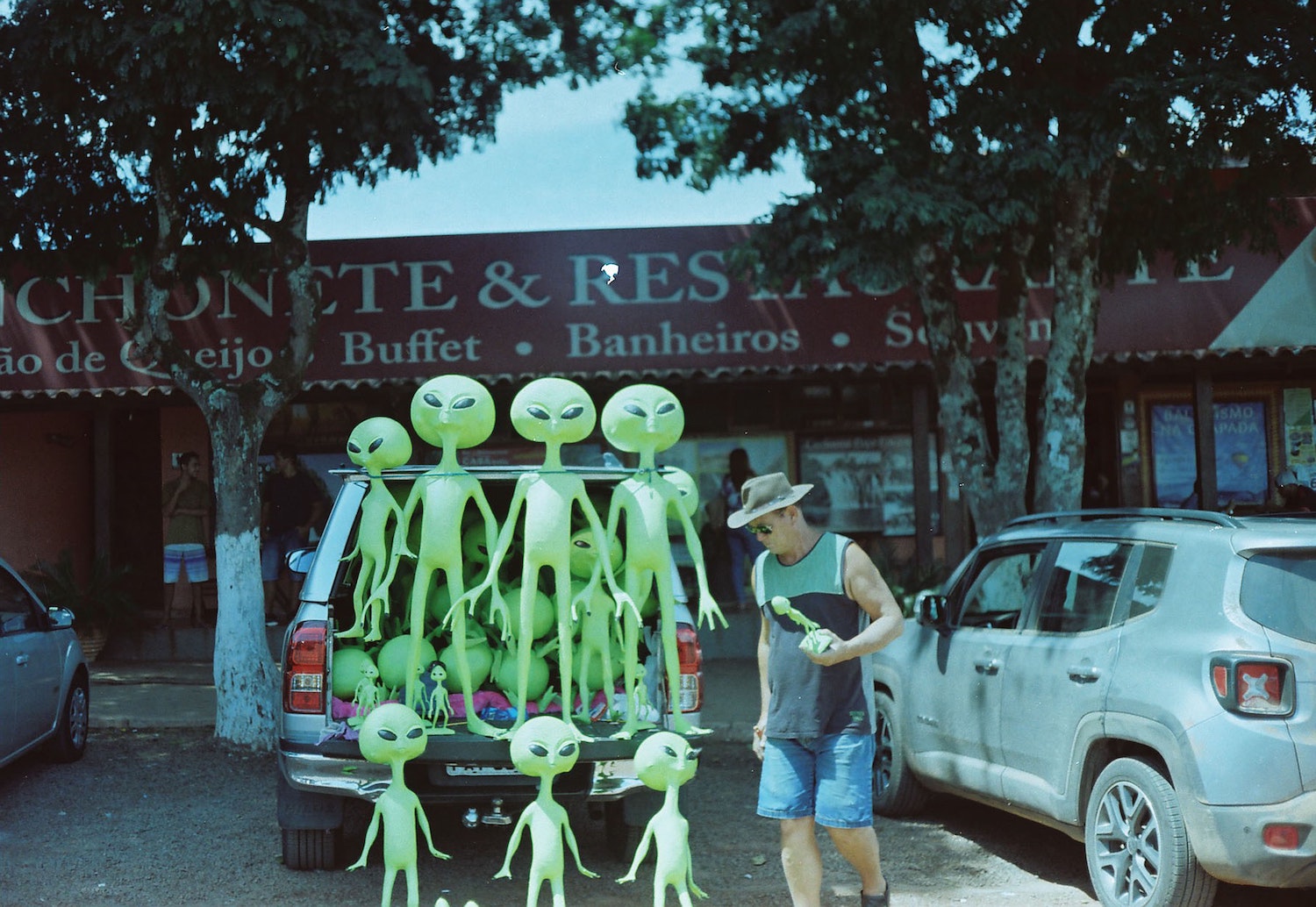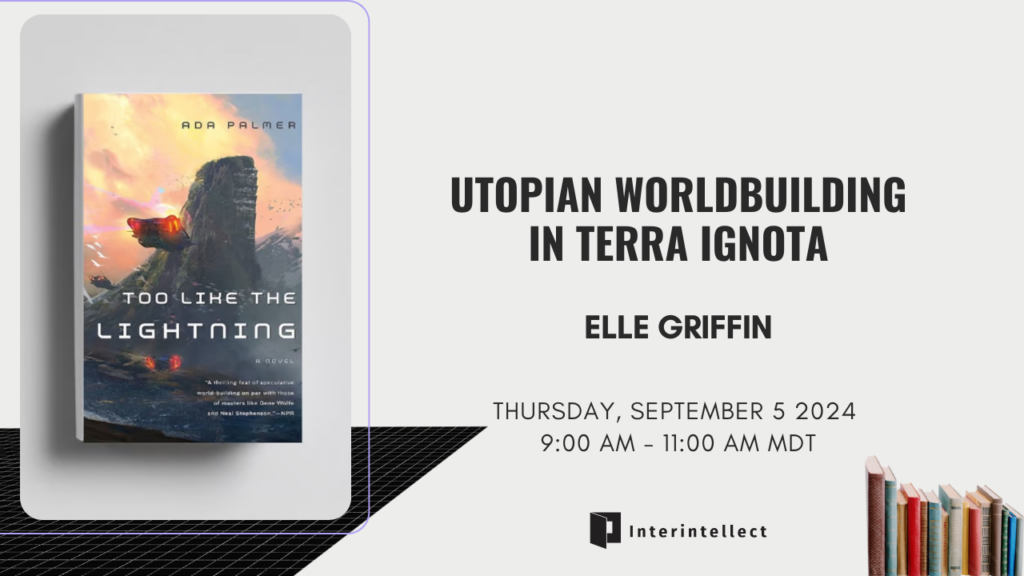
- This salon has passed.
Ted Chiang Part 3: Worlds and Beings Very Foreign to Us
March 28, 2021 at 5:00 pm EDT
Start time where you are: Your time zone couldn't be detected

Étienne Fortier-Dubois leads a series of thematic discussions on the work of science fiction author Ted Chiang. In Part 3, we discuss non-human beings and how their psychology and biology may differ from ours.
Ted Chiang ranks among the best living authors of science fiction. Though he cannot be described as prolific — his entire published oeuvre since 1990 fits into just two books — he manages the rare feat of achieving consistent quality across his short stories. With his clear, lucid prose, Chiang plays with fascinating ideas in a fresh and often uplifting way.
In this ii Book Club series, we discuss most of Chiang’s stories over the course of several months. Each monthly Salon focuses on two to three stories, united by a common theme.
This third session will explore the minds and bodies of very exotic non-human beings. We will discuss three stories, one focussing on extraterrestrial aliens, one on a race of mechanical beings, and one on Puerto Rican parrots.
“Story of Your Life” is probably Ted Chiang’s best known work, due to its adaptation into the popular movie Arrival, by Denis Villeneuve. A complex, moving story with many underlying themes, it describes the first contact between humans and a species of aliens who visit Earth. The most peculiar feature of these aliens is their written language, which is unlike anything used by humans. As the protagonist, a linguist, learns the language, her way of thinking about time and free will becomes radically transformed.
“Exhalation,” the title story to Chiang’s second collection, is set in a Universe that’s very different from ours. Instead of relying on the energy from the sun, life in this metallic world is dependent upon pressurized air. The narrator seeks to understand their own biology, eventually exploring his own brain and the mechanical nature of their consciousness.
Lastly, “The Great Silence” is a short piece that contrasts the search for extraterrestrial intelligence, at the Puerto Rico Arecibo telescope, with the possibility that non-human intelligence may exist much closer to us — in parrots. Will we be able to listen to a message from the stars, if we can’t listen to a message from nature?
This book club is open to everyone, whether you’re interested in Ted Chiang’s work, aliens and xenopsychology, or simply good science fiction stories.
Reading List:
- Story of Your Life (full text here, or in the book Stories of Your Life and Others, a.k.a. Arrival)
- Exhalation (full text here, or in the book of the same name)
- The Great Silence (full text here, or in the book Exhalation)
- Story notes for all stories (in the books)
- Optional, but in the same vibe: some short stories by another author, Ken Liu, that describe various alien species: The Bookmaking Habits of Select Species and An Advanced Reader’s Picture Book of Comparative Cognition
Cover art: Júlia Borges


